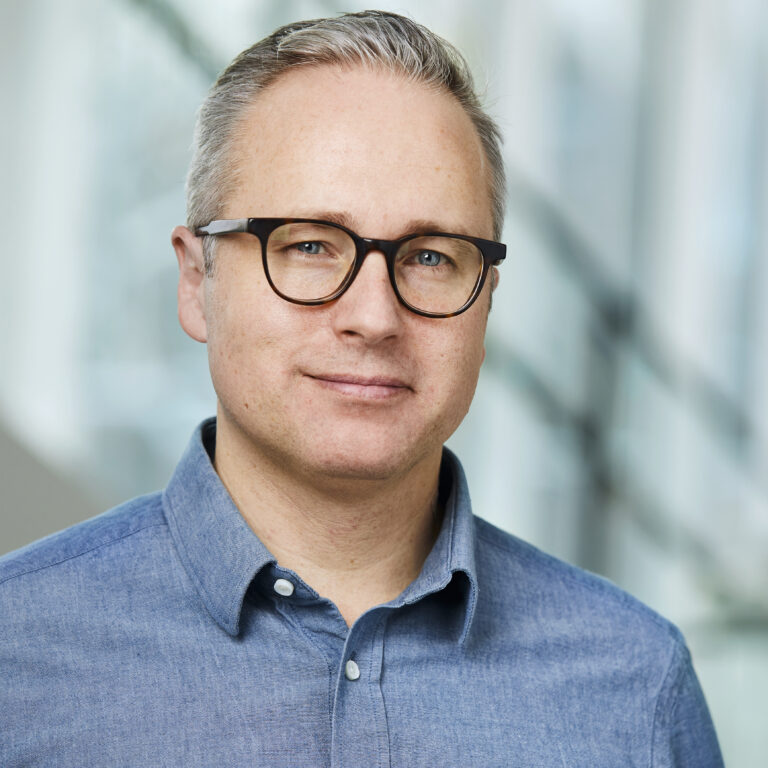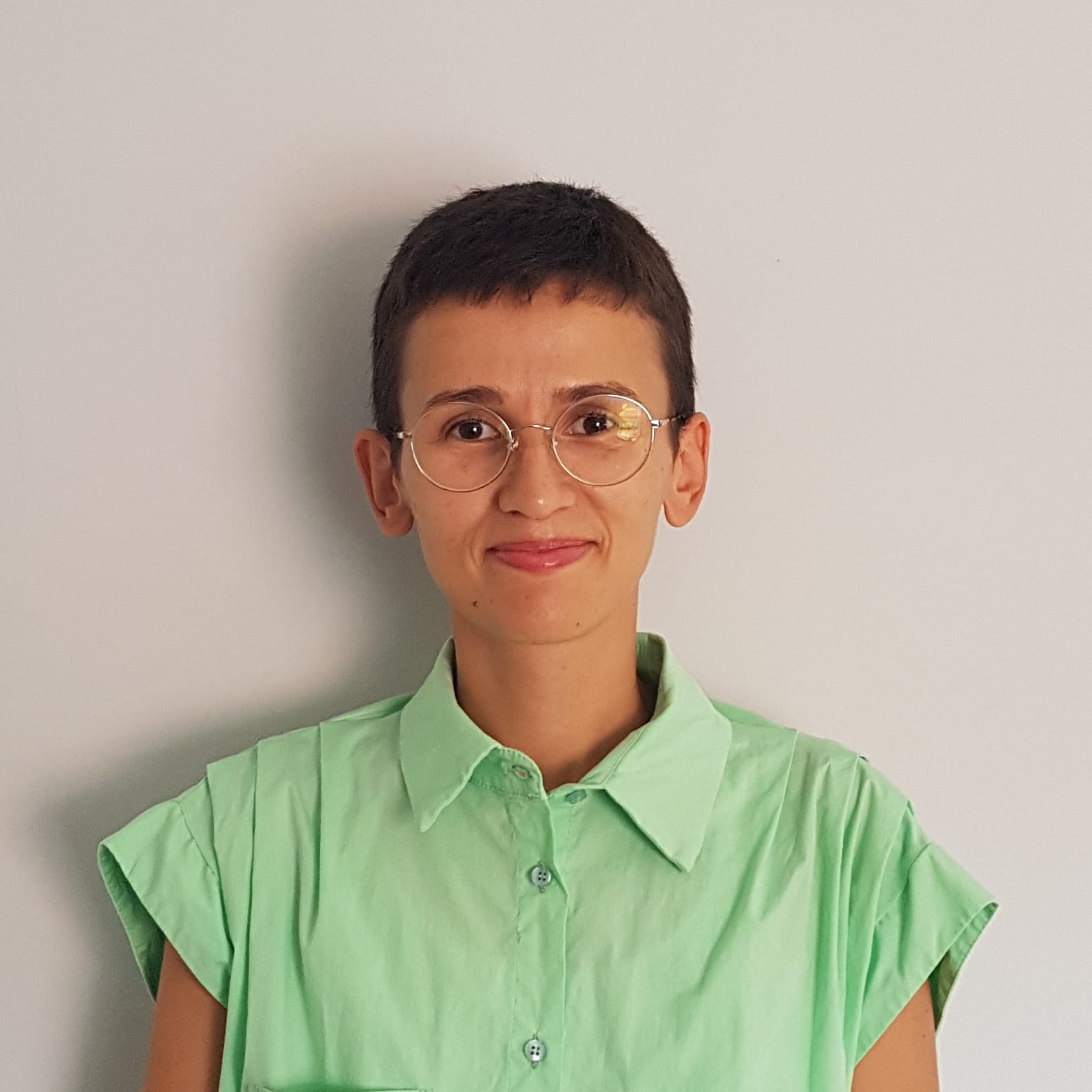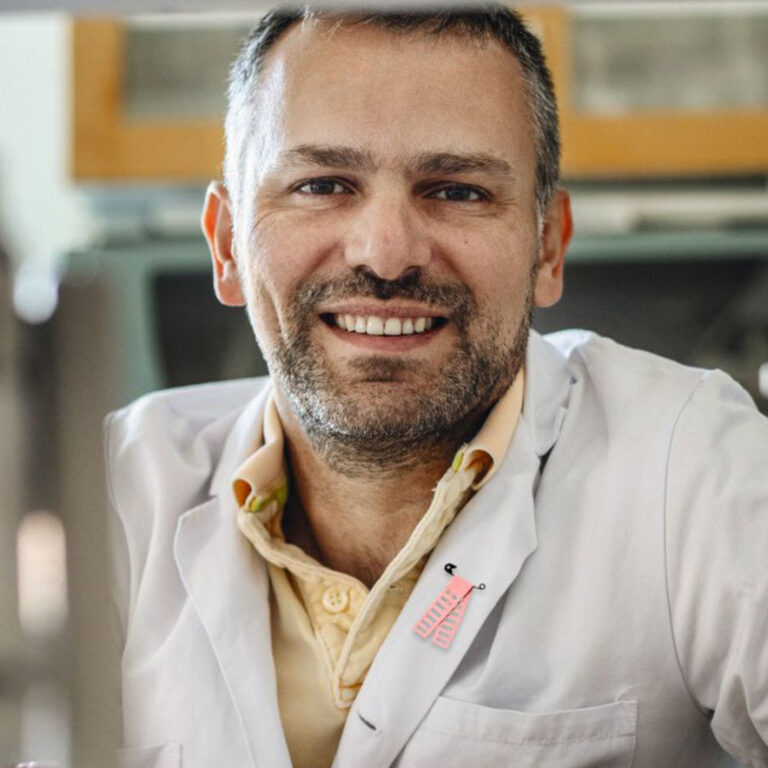Karolinska Institutet (KI) is one of the world’s leading medical universities. Our vision is to advance knowledge about life and strive towards better health for all. Karolinska Institutet accounts for the single largest share of all academic medical research conducted in Sweden and offers the country’s broadest range of education in medicine and health sciences. The Nobel Assembly at Karolinska Institutet selects the Nobel laureates in Physiology or Medicine.
Cancer research at Karolinska Institutet is conducted by some 300 research groups at multiple campuses and departments. The overall goal is to generate new scientific discoveries that can be rapidly translated into clinical practice for the benefit of patients and society.
Breast cancer research at KI aims to identify the critical steps in breast cancer development and therapy. The research spans from basic studies using cell lines, animal models, patient biopsies, prospective clinical studies, and clinical trials to image-based artificial intelligence exploration for precision screening and precision medicine, with the ultimate goal of early diagnosis and improved breast cancer therapy and disease outcome.
KI in RadioVal
KI is involved both as a clinical partner, data provider, and a technical partner. Our group of experts participates in most work packages with various levels of responsibilities bringing experience from clinical oncology and radiology to the development of artificial intelligence-based computer vision models and their external evaluation. Towards this direction, our team will lead the task of a multi-center real-world clinical usability and explainability evaluation of the radiomics tool in WP5, where the clinicians’ behavior and the tool’s acceptability and explainability will be analyzed.
Prof. Fredrik Strand
Fredrik Strand is an associate professor (docent) of radiology at Karolinska Institutet and a breast radiologist at Karolinska University Hospital in Sweden. His research expands to how new machine-learning techniques can be used to evaluate radiological images, primarily for breast cancer. He is the principal investigator for RadioVal at Karolinska Institutet. Moreover, he is currently leading a national-scale project evaluating artificial intelligence (AI) systems for breast radiology and two prospective clinical studies that examine how AI models could integrate into screening mammography and assist in selecting women for complementary magnetic resonance imaging (MRI). He also participates in other research studies on developing and evaluating AI models in collaboration with the Royal Institute of Technology in Sweden and more. His background includes a master’s degree in engineering physics and experience as an entrepreneur in a start-up company.


Dr. Apostolia Tsirikoglou
Apostolia Tsirikoglou is a postdoctoral researcher at Karolinska Institutet. Her research focuses on the principles of data-centric artificial intelligence (AI). Her work includes, among others, data augmentation and annotation strategies, selective domain adaptation, and image synthesis through computer graphics and generative modeling for natural and medical imaging applications. At Karolinska Institutet, she focuses on mammograms and especially magnetic resonance breast imaging to support the development and improve the performance of mainly deep learning models of cancer detection and precision medicine. She holds a PhD in synthetic data for visual machine learning and an MSc in advanced computer graphics from Linköping University in Sweden and an MEng in electrical and computer engineering from Aristotle University of Thessaloniki in Greece.
Dr. Theodoros Foukakis
Theodoros Foukakis, MD PhD is a senior attending physician and scientific head for breast cancer at the Comprehensive Cancer Centre, Karolinska University Hospital, and associate professor at Karolinska Institutet, Stockholm, Sweden. He is a member of the Swedish Breast Cancer Group (SweBCG) and chair of the national guidelines for breast cancer in Sweden.
He has been involved in many investigator-initiated trials (IITs) sponsored by Karolinska University Hospital and served as the national principal investigator for many industry-sponsored trials from phase 1 to phase 3. He is leading a research group of more than 10 members and has independent funding obtained in national or international competitions over the last 7 years.
HIs research interest includes drug and biomarker development in breast cancer with a focus on multi-omics analyses and machine-learning. He has published more than 90 articles in peer-reviewed journals including several papers in high-impact factor journals such as the New England Journal of Medicine, Cell, Lancet, Lancet Oncology, JAMA, Journal of Clinical Oncology, JAMA Oncology, Annals of Oncology. Additionally, he has served as a reviewer for several national and international organizations.
